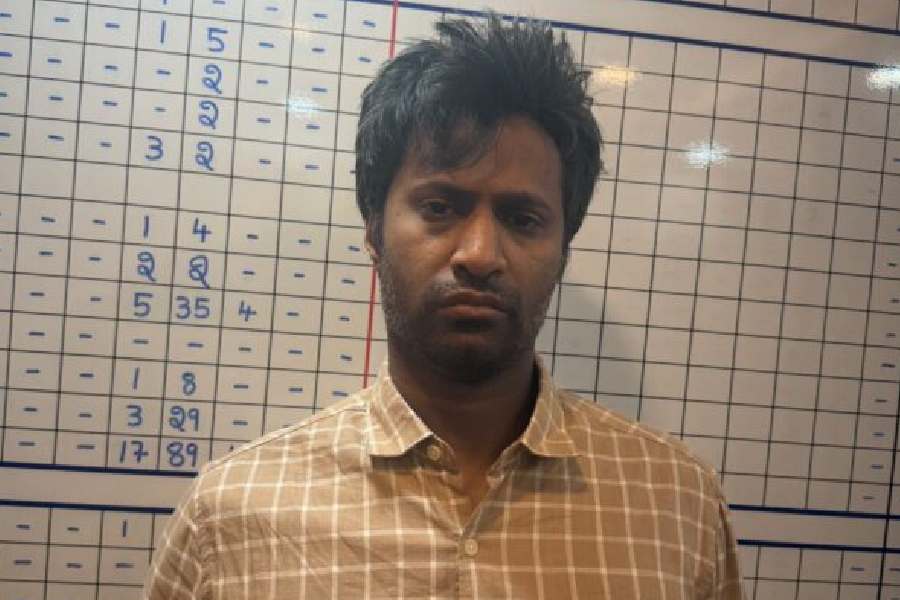Some of Calcutta’s top minority-run schools would rather drop off the government’s list of “aided” institutions and bear a bigger salary bill than be bound by the Supreme Court’s order to reserve a fourth of their seats for the underprivileged.
Heads of several such institutions, whose kindergarten admission lists are as anxiously awaited as GMAT scores, said Thursday’s court verdict upholding the Right to Education Act had pitted a noble cause against a practical problem.
“We welcome the order of the Supreme Court and appreciate the honourable intentions behind it. But we are considering forgoing the dearness allowance grant as it is not possible for us to maintain 25 per cent reservation for economically and socially weaker sections,” said the principal of a central Calcutta school.
The top minority-run schools of Calcutta that have so far been receiving DA assistance from the state government include St. Xavier’s, the Don Bosco schools, the Loreto schools, St. Lawrence, St. Mary’s Dum Dum, St. Anthony’s, St Paul’s Kidderpore, Holy Child, St. Agnes’ Convent, St. Teresa and Carmel Convent.
The escape route for such schools is a clause in the court’s order that exempts “unaided minority institutions” from reserving 25 per cent of their seats for the underprivileged.
Private schools that are not classified as minority-run institutions are required to follow the 25 per cent reservation rule, irrespective of whether they receive grants from the government or not.
Given the rules, unaided minority-run schools in the city like La Martiniere, St. James’ and Pratt Memorial are exempt from the order. Institutions like The Heritage School, South Point, the two Apeejay schools and Mahadevi Birla Girls’ Higher Secondary School aren’t.
Father Moloy D’Costa, the general secretary of the Association of Christian Schools and inspector of Catholic schools under the Calcutta Diocese of Roman Catholic Churches, said opinion was divided within schools on whether forgoing the DA grant from the government that accounts for a chunk of the salary bill was the only way out.
The principals of some schools said it wasn’t yet clear whether DA assistance from the state would be considered as “government aid”.
“We will take a decision on the matter based on the advice of the legal experts we are consulting,” D’Costa said.
Not that Thursday’s order came as a bolt from the blue. Many missionary schools in town had been trying to find ways to do without DA assistance from the state government in anticipation of the court’s order since last September, D’Costa said.
The Association of Christian Schools has left it to the founding bodies of individual schools to take the decision that suits them best.
There is a precedent too. Several schools under the Church of North India — including St James’, Pratt Memorial and La Martiniere — had opted out of the list of government-aided institutions in 2004 to maintain their independence in decision-making after the then Left Front government announced rules that sought to curtail their freedom to fix tuition fees and appoint teachers.
So would more institutions manage to take the same step eight years later under vastly different circumstances?
“We already reserve 25 to 30 per cent of our seats for underprivileged students from our community. It would be very difficult for us to set aside an additional 25 per cent seats. So I guess there is only one way out,” said the principal of a missionary school in south Calcutta.
Those that don’t have a choice might be forced to increase the number of seats next year.
Nabarun Dey, the principal of Central Modern School and general secretary of the Association of Heads of ICSE Schools in Bengal, said: “This year admissions are over, but we will have to take appropriate steps to make it (25 per cent reservation) happen from next year.”
According to the Right to Education Act, schools are not only required to reserve a fourth of their seats for underprivileged students, they also need to provide them all facilities for free.











